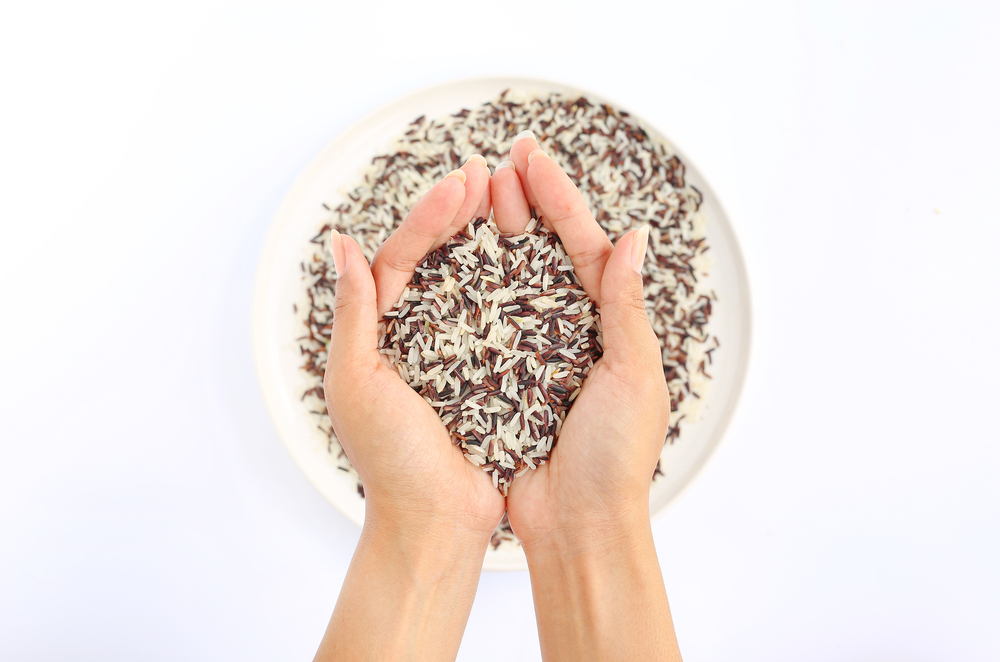Contents:
Medical Video: CRP Indicates Heart Disease Risk Video - Brigham and Women's Hospital
Definition
What is CRP (c-reactive protein)?
The C-Reactive Protein (CRP) test is a blood test that measures the amount of protein (called C-reactive protein) in the blood. The C-reactive protein measures the overall level of inflammation in the body. High CRP levels are caused by infections and various other long-term diseases. However, the CRP test cannot show the location of the inflammation or the cause. Other tests are needed to determine the cause and location of inflammation.
When do I have to undergo CRP (c-reactive protein)?
The CRP test is a test to check inflammation in the body. This is not a specific test. That is, this test can indicate inflammation in the body but cannot tell exactly where it is located.
Your doctor will do this test to:
- detect inflammatory diseases such as rheumatoid arthritis, lupus, or vasculitis
- ensure anti-inflammatory drugs work in curing diseases or conditions
Prevention & warning
What should I know before undergoing CRP (c-reactive protein)?
Low CRP levels do not always mean there is no inflammation. CPR levels may not increase in people with rheumatoid arthritis and lupus, and the cause is unknown.
A more sensitive CRP test called high-sensitivity C-reactive protein (hs-CRP) assay, can be done to determine a person's risk of heart disease. Many who consider high levels of CRP are risk factors for heart disease. However, it is not known whether CRP is only a sign of cardiovascular disease or if it plays an important role in causing heart problems.
Process
What should I do before I undergo CRP (c-reactive protein)?
There is no special preparation for either the CRP standard test or the hs-CRP test. However, if your blood is taken for other tests, you may need to fast or follow other instructions. Ask your doctor if you have another test at the same time. Some medications can affect your CRP level. Tell your doctor about the medications you are using.
What is the process of CRP (c-reactive protein)?
The medical personnel who are in charge of taking your blood will take the following steps:
- wrap elastic bands around your upper arm to stop the blood flow. This makes the blood vessels under the bond enlarge making it easier to inject needles into the vessels
- clean the part to be injected with alcohol
- inject a needle into a vein. More than one needle may be needed.
- attach the tube to the syringe to fill it with blood
- remove the ties from your arms when taking blood is enough
- attach gauze or cotton to the injected part, after the injection is finished
- put pressure on the part and then put on a bandage
What should I do after undergoing CRP (c-reactive protein)?
Elastic ties are wrapped around your upper arm and will feel tight. You may not feel anything when injected, or you may feel like being stung or pinched. If you have questions relating to the process of this test, consult your doctor for a better understanding.
Explanation of Test Results
What do the test results mean?
Normal scores on this list (called references range) only serves as a guide. Range this varies from one laboratory to another, and your laboratory may have a different normal score. Your laboratory report will usually contain how many range they use. Your doctor will also check your test results based on your health condition and other factors. This means if your test results go into range abnormal in this guide, it could be in your laboratory or for your condition the score is included to range normal.
Test results are usually available within 24 hours.
| C-reactive protein (CRP) | |
| Normal: | Less than 1.0 milligrams per deciliter (mg / dL) or less than 10 milligrams per liter (mg / L) |
Any condition that causes sudden or severe inflammation can increase your CRP levels. Some medications can reduce your CRP level. Your doctor will discuss with you about abnormal results related to your symptoms and medical history.
High-sensitivity of C-reactive protein (hs-CRP) levels
High-sensitivity C-reactive protein (hs-CRP) measures the low amount of CRP in the blood. This test helps you find the risk of heart problems, especially those that coincide with other risk factors such as cholesterol, age, blood pressure, and smoking. This test is done to find out if you have an increased risk of developing heart problems, such as a heart attack or stroke. But the relationship between high CRP levels and the risk of heart disease is not well understood.
| Level of High-sensitivity C-reactive protein (hs-CRP) | |
| Normal: | Less than 0.1 mg / dL or less than 1 mg / L |
| HS-CRP level and risk of heart disease | |
| Less than 1.0 mg / L | Low risk |
| 1.0 to 3.0 mg / L | Moderate risk |
| More than 3.0 mg / L | High risk |
Depending on the laboratory of your choice, the normal range of C-Reactive Protein (CRP) tests can vary. Discuss the questions you have about the results of your health test with your doctor.
Hello Health Group does not provide medical advice, diagnosis or treatment.











